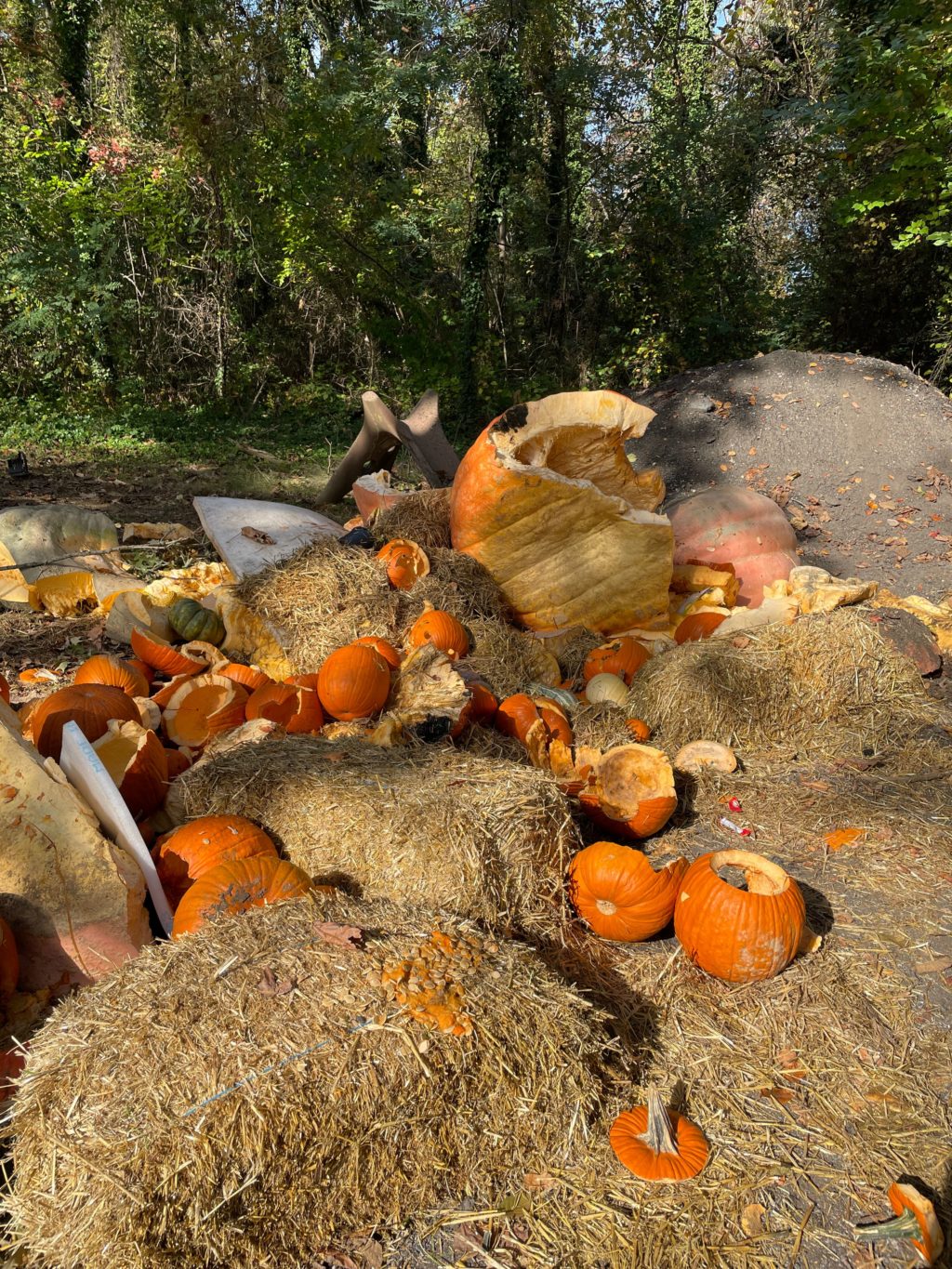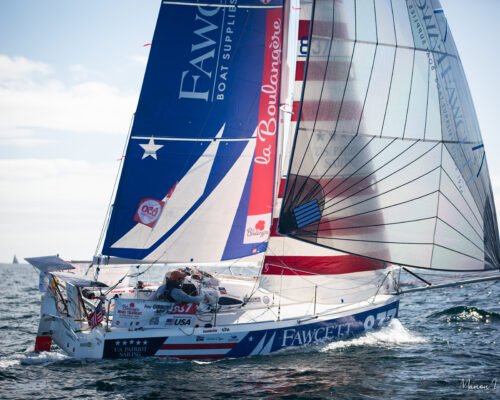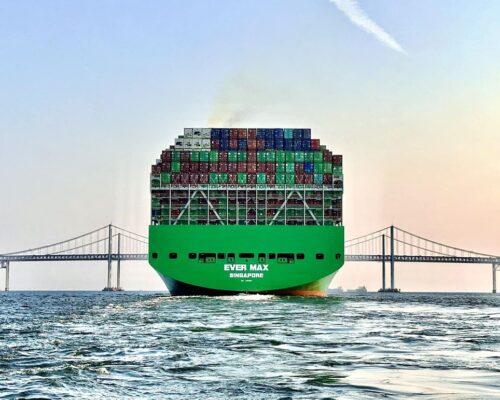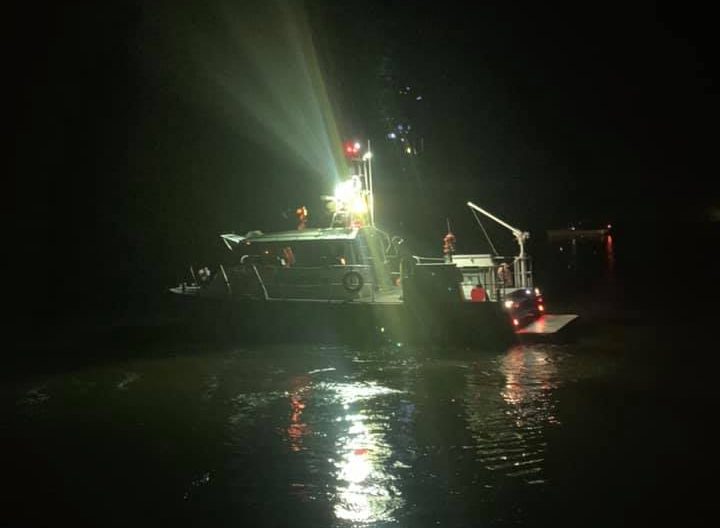The Thanksgiving is feast is long over and our porch pumpkins have been cast aside to make way for holiday lights. And as December kicks off, there are plenty more holiday meals on the way.
Before you toss your old pumpkins and food scraps in the trash, consider an alternative to the landfill. As The Chesapeake Bay Program reports in a recent blog post, when food piles up in a landfill and begins to decompose, it releases methane, a greenhouse gas that contributes to climate change. According to the Environmental Protection Agency (EPA), methane is 28 times more potent than carbon dioxide.
These methane emissions add up, considering that the U.S. Chamber of Commerce estimates that 172 million pounds of turkey, 30 million pounds of gravy, 40 million pounds of mashed potatoes and 38 million pounds of stuffing are wasted on Thanksgiving Day alone each year.
Composting your food waste, by contrast, actually benefits the environment. When food is placed in compost bins, microbes convert that organic matter into nutrient-rich soil, helping to keep carbon dioxide out of the atmosphere and producing valuable fertilizer. You can get started composting at home with this basic info for beginners: epa.gov/recycle/composting-home
For those of us who don’t have the ability to compost at home, there’s another option. Some communities offer places to collect your scraps for composting. You can look for one in your area here.
One of the organizations helping people compost is Annapolis Green, whose members have put forth a concerted effort this fall to keep local food waste out of the landfill.
Their “Great Pumpkin Dropoff” initiative will break down collected fall gourds into “pumpkin spice compost”. Annapolis Green tells Bay Bulletin they’ve collected 10,000 pounds of pumpkins this so far.
And thanks to a pilot program Bay Bulletin reported on last month, Annapolis residents can drop off food waste at the city’s Truxton Park anytime through March 30.
Of course, you can also work to prevent extra food waste in the first place. Chesapeake Bay Program recommends buying local food items, which usually stay fresh longer (expired food is a large source of waste). And when you do shop at the grocery store, make a list and buy only the ingredients you need. If you do have extra food, consider donating to a local food bank.
The Bay Program points out that the EPA has created a story map that lists areas of opportunity from around the country to divert excess food waste (e.g., hospitals, restaurants) and over 5,000 organizations that are looking for food donations in order to make these important connections.
-Meg Walburn Viviano




